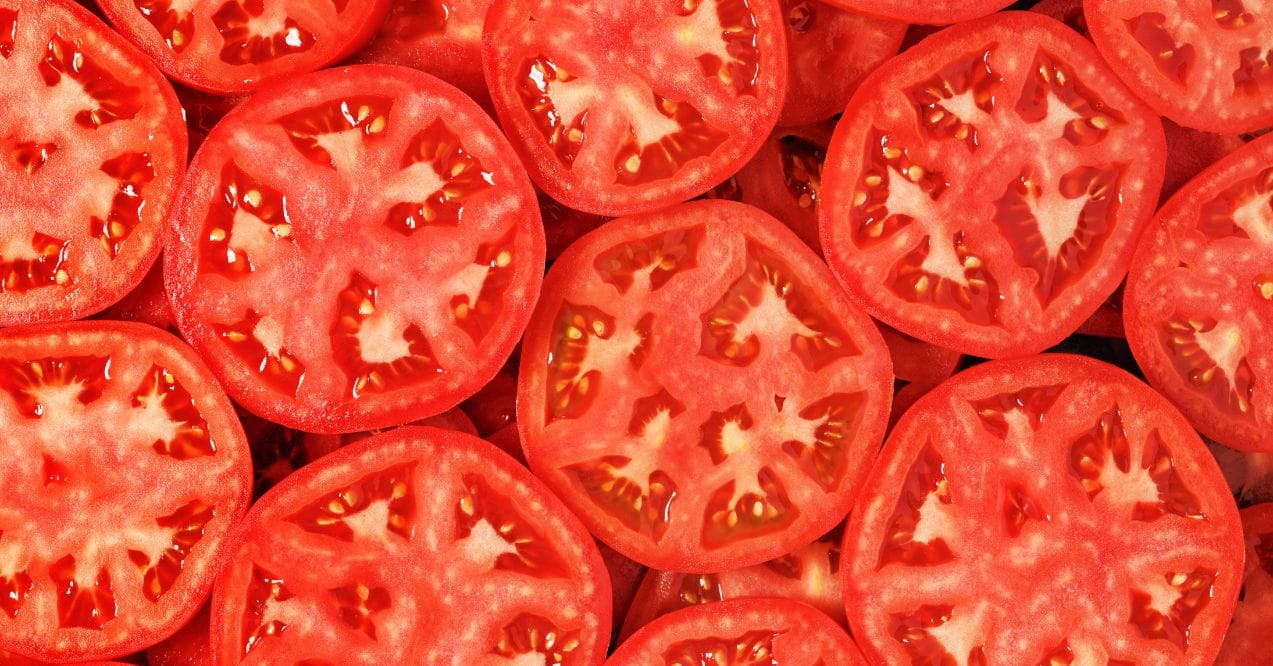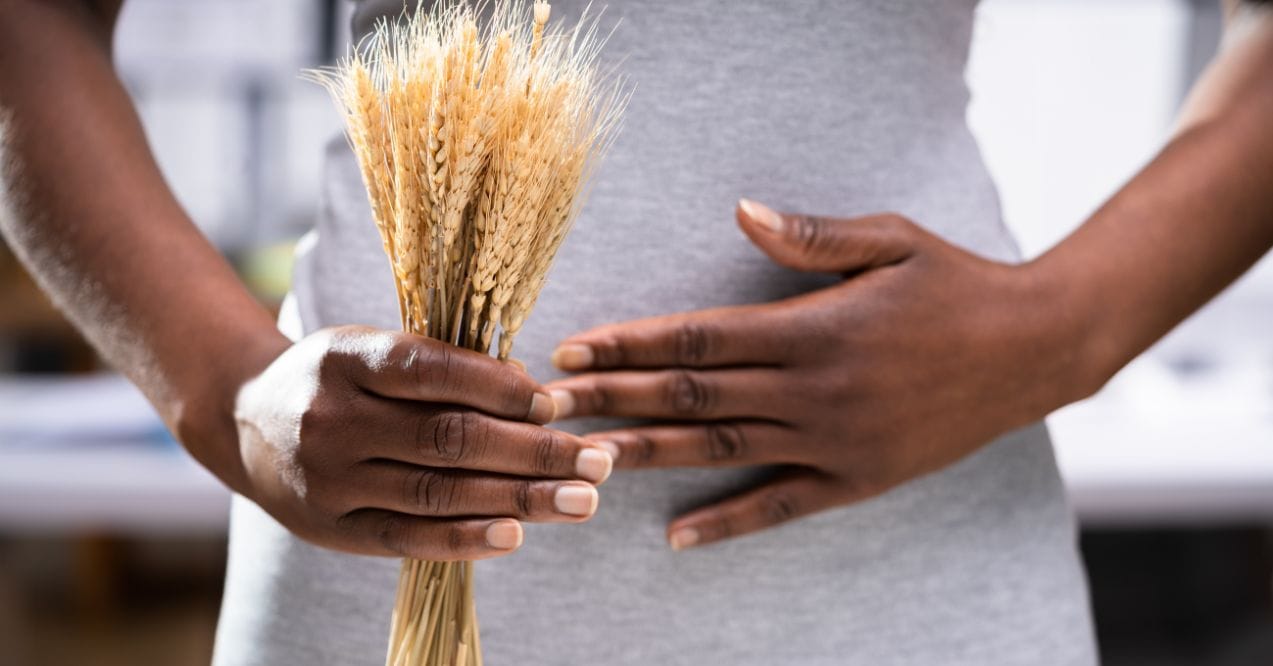Can Dehydration Cause Joint Muscle Pain?
Medically reviewed by our experts


Have you ever experienced unexplained aches in your joints or muscles? The culprit might be simpler than you think. Many people wonder can dehydration cause joint muscle pain, and the answer may surprise you. Water serves as the body’s essential building block, supporting everything from temperature regulation to joint cushioning. In this blog, we’ll explore how your hydration status affects joint and muscle comfort, based on how our bodies actually work.
Key Article Findings
- Water makes up 70-80% of cartilage and 85% of synovial fluid, making proper hydration essential for maintaining joint cushioning and lubrication
- Even mild dehydration can disrupt electrolyte balance, potentially leading to muscle cramps, increased joint friction, and decreased shock absorption
- Consistent hydration habits combined with complementary wellness practices provide a foundation for joint and muscle comfort throughout daily activities
Understanding Hydration and Body Function
Water isn’t just something we drink – it’s the foundation of life itself. Our bodies consist of about 60% water, making it a vital component of every cell and tissue you have.
Your body uses water for countless essential functions:
- Transporting nutrients to cells
- Removing waste products
- Regulating body temperature
- Lubricating joints and tissues
- Supporting proper digestion
- Maintaining blood volume for circulation
Fluid balance is maintained through a complex system involving your kidneys, brain, and various hormones. When this balance begins to shift – even slightly – toward dehydration, your body may send subtle warning signs before more severe symptoms arise.
Many people experience chronic, low-level dehydration without realizing it. Early signs can include fatigue, headaches, and even muscle and joint discomfort. These symptoms often occur before you feel thirsty – since thirst is actually a late indicator that your body needs more water.
The Physiology of Joints and Hydration
Your joints are engineering marvels, designed to allow smooth movement while withstanding tremendous pressure. At the heart of this design is water – a critical component that keeps everything functioning properly.
Synovial fluid, the lubricating liquid within your joints, consists primarily of water (about 85%). This specialized fluid serves multiple essential functions:
- Reduces friction between joint surfaces during movement
- Absorbs shock when you walk, run, or jump
- Delivers nutrients to the cartilage that cushions your joints
- Removes waste products from the joint space
Cartilage itself has a remarkably high water content – around 70-80%. This water gives cartilage its resilient, spongy quality that helps distribute pressure evenly across your joints.
When you experience dehydration joint pain, it’s often because insufficient water intake affects these carefully balanced systems:
- Dehydrated cartilage becomes less elastic and less effective at absorbing impact
- Joint surfaces experience increased friction during movement
- Shock absorption capacity diminishes, increasing stress on joint structures
- Nutrient delivery to joint tissues becomes compromised
Think of cartilage like a sponge. When well-hydrated, it expands and provides excellent cushioning. When water-deprived, it compresses and offers less protection, potentially contributing to joint pain.
Your body prioritizes water for vital organs when intake is inadequate. This means joints – despite their importance – may receive less hydration during periods of water scarcity, leading to joint pain and stiffness.
Muscles, Hydration, and Discomfort
Wondering if dehydration can cause joint and muscle pain? The answer is yes — and it often starts at the cellular level. Muscle tissue is made up of about 75% water, making hydration essential for strength, flexibility, and endurance.
Water plays a critical role in muscle function by:
- Supporting nutrient delivery and waste removal
- Aiding in temperature regulation during activity
- Enabling efficient communication between the brain and muscles
Electrolyte balance – especially sodium, potassium, and magnesium – is also key. These minerals work with water to:
- Regulate muscle contractions
- Prevent cramps, spasms, and general discomfort
Dehydration can disrupt these processes and negatively affect muscle performance:
- Recovery slows down, as muscles can’t efficiently flush out lactic acid or repair tissue
- Perceived exertion increases, making exercise feel harder
- Muscle fatigue sets in faster, even with minimal fluid loss
Losing just 2% of your body’s water can have a noticeable impact. If you’re regularly active or experiencing unexplained muscle aches, dehydration may be the hidden cause. Staying hydrated is essential not just for performance, but also for preventing discomfort during and after physical activity.
The Interconnected Nature of Hydration and Whole-Body Wellness
Proper hydration doesn’t just affect your joints and muscles in isolation – it influences your entire body’s functioning in ways that create a ripple effect throughout your systems.
Water forms the foundation of your blood volume, which determines how effectively nutrients, oxygen, and immune cells reach your tissues, including joints and muscles. When dehydration affects circulation, these vital deliveries become compromised.
At the cellular level, every biochemical reaction in your body requires water. This includes:
- Energy production in muscle cells
- Nerve signal transmission for movement
- Waste removal from tissues
- Temperature regulation during activity
Many people with chronic dehydration report persistent fatigue, foggy thinking, and heightened sensitivity to discomfort – all factors that can make joint and muscle issues feel worse than they might otherwise.
Hydration works synergistically with other wellness factors like quality sleep, balanced nutrition, and stress management. When you stay hydrated while also addressing these areas, you create optimal conditions for your joints and muscles to function properly.
Consistent, adequate water intake provides a foundation for whole-body wellness that supports every aspect of physical function, from the microscopic cellular level to your overall sense of comfort and vitality.
Recognizing Signs of Suboptimal Hydration
Your body sends various signals when fluid levels begin to decline, though many people miss these subtle cues of mild dehydration.
Watch for these common symptoms of dehydration:
- Dark yellow urine – One of the most reliable indicators
- Dry mouth and lips – Often an early warning sign
- Fatigue or low energy – Dehydration affects cellular energy production
- Headaches – Frequently linked to inadequate fluid intake
- Dizziness – Especially when standing quickly
- Muscle cramps – Particularly during or after physical activity
Most people don’t realize that thirst is actually a late signal – by the time you feel thirsty, you’re already experiencing the effects of dehydration.
Chronic dehydration can manifest as ongoing discomfort that you might attribute to other causes, including persistent joint and muscle issues.
Your hydration needs increase during:
- Hot weather
- Physical activity
- Illness (especially with fever or digestive issues)
- Air travel
- Alcohol consumption
Monitoring the color of your urine provides a simple way to assess your hydration status throughout the day. Aim for a pale straw color rather than dark yellow or amber.
Practical Strategies for Maintaining Optimal Hydration
Staying properly hydrated doesn’t have to be complicated. With a few simple strategies, you can support your joint and muscle function through optimal fluid balance.
Here are practical ways to ensure you drink water consistently throughout your day:
- Set visual reminders – Keep a water bottle where you can see it during your daily activities
- Create routines – Drink a glass of water with each meal and snack
- Use technology – Try hydration reminder apps that send notifications
- Flavor your water – Add citrus slices, berries, or cucumber to enhance taste
- Set measurable goals – Fill a large bottle each morning with your daily target
Beyond plain water, consider these hydration sources:
- Herbal teas – Count toward your fluid intake while adding variety
- Fruits and vegetables – Many contain over 90% water (watermelon, cucumber, strawberries)
- Broths and soups – Provide both hydration and valuable nutrients
Your fluid intake needs vary based on several factors:
- Activity level – increase by 16-20 oz for each hour of exercise
- Weather conditions – hot or dry environments require more water
- Body size – larger individuals generally need more fluids
- Health status – certain conditions may increase requirements
Spread your water intake throughout the day rather than consuming large amounts at once. This approach helps your body absorb and utilize fluid more effectively.
Pay attention to your body’s signals – thirst, energy levels, and the color of your urine – to help fine-tune your personal hydration strategy.
Beyond Water: Other Factors That Support Joint and Muscle Function
While hydration provides a critical foundation for joint and muscle health, several other factors work synergistically to maintain optimal function and comfort.
Nutrition plays a key role alongside proper water intake. Certain foods may help reduce joint inflammation, while others could potentially contribute to joint pain. For example, some individuals report that tomatoes and joint pain have a connection, though responses vary widely from person to person.
Regular, appropriate physical activity helps maintain:
- Joint mobility and flexibility
- Muscle strength and endurance
- Circulation to tissues throughout the body
Adequate rest and recovery periods allow your body to repair tissues and restore balance. Without sufficient downtime, even well-hydrated joints and muscles may develop aches and pains from overuse.
Some people find that specific supplements for lymphatic system support complement their hydration efforts by helping maintain fluid balance throughout tissues.
For those who need additional support, Joint Complex offers a strategic formulation designed to complement your body’s natural joint-supporting processes. With premium ingredients like NEM (Natural Eggshell Membrane) and Boswellia, this comprehensive blend aims to promote optimal joint function and flexibility.
These carefully selected components work together to support cartilage and promote comfort, making it an excellent companion to proper hydration practices for those looking to maintain active, comfortable movement throughout life.
Conclusion
The evidence is clear: can dehydration cause joint muscle pain? Yes, it absolutely can. Water provides the essential foundation for joint lubrication, muscle function, and overall tissue health. Maintaining proper hydration offers a simple yet powerful way to support your body’s movement systems. By prioritizing consistent water intake alongside other wellness practices, you may alleviate dehydration joint pain and enhance your comfort. Remember that your joints and muscles – like every part of your body- thrive when properly hydrated.
Yes, dehydration can cause achy joints. When your body lacks adequate water, joint cartilage and synovial fluid become less effective at cushioning and lubricating joints, potentially leading to increased friction, stiffness, and discomfort during movement.
Absolutely. Dehydration reduces the shock-absorbing properties of your joints while simultaneously affecting muscle function and electrolyte balance. This combination can create both joint discomfort and muscle pain, especially during or after physical activity.
Yes, drinking water can help with joint pain by maintaining proper synovial fluid levels, supporting cartilage cushioning, and improving circulation to joint tissues. Consistent hydration may reduce friction and improve shock absorption within joints.
Sissons, C. (2020). What is the average percentage of water in the human body?
Rdn, A. W. (2024). Water: Essential for your body. Mayo Clinic Health System.
Noda, M., & Matsuda, T. (2022). Central regulation of body fluid homeostasis. Proceedings of the Japan Academy Series B, 98(7), 283–324.
Hospital, S. M. (2024). The importance of hydration for cardiovascular health. saraswatihospitals.com.
Dehydration. (2025). Cleveland Clinic.
Tamer, T. M. (2013). Hyaluronan and synovial joint: function, distribution and healing. Interdisciplinary Toxicology, 6(3), 111–125.
Cederlund, A. A., & Aspden, R. M. (2022). Walking on water: revisiting the role of water in articular cartilage biomechanics in relation to tissue engineering and regenerative medicine. Journal of the Royal Society Interface, 19(193).
Riebl, S. K., & Davy, B. M. (2013). The hydration equation. ACSMʼs Health & Fitness Journal, 17(6), 21–28.
Dunne, C. (2023). Electrolytes: Mechanisms and implications for internal body functioning.
Riebl, S. K., & Davy, B. M. (2013). The hydration equation. ACSMʼs Health & Fitness Journal, 17(6), 21–28.
Hospital, S. M. (2024). The importance of hydration for cardiovascular health. saraswatihospitals.com.
Taylor, K., Tripathi, A. K., & Jones, E. B. (2025). Adult dehydration. StatPearls – NCBI Bookshelf.
Dehydration – Symptoms & causes – Mayo Clinic. (2021). Mayo Clinic.
Harvard Health. (2024). Foods that fight inflammation.
Ruff, K. (2009). Eggshell membrane: A possible new natural therapeutic for joint and connective tissue disorders. Results from two open-label human clinical studies. Clinical Interventions in Aging, 235.
Pérez-Piñero, S., et al. (2023). Efficacy of Boswellia serrata Extract and/or an Omega-3-Based Product for Improving Pain and Function in People Older Than 40 Years with Persistent Knee Pain: A Randomized Double-Blind Controlled Clinical Trial. Nutrients, 15(17), 3848.
Popular Articles
Advertisement. This site offers health, wellness, fitness and nutritional information and is designed for educational purposes only. You should not rely on this information as a substitute for, nor does it replace, professional medical advice, diagnosis, or treatment. If you have any concerns or questions about your health, you should always consult with a physician or other health-care professional. Do not disregard, avoid or delay obtaining medical or health related advice from your health-care professional because of something you may have read on this site. The use of any information provided on this site is solely at your own risk.







